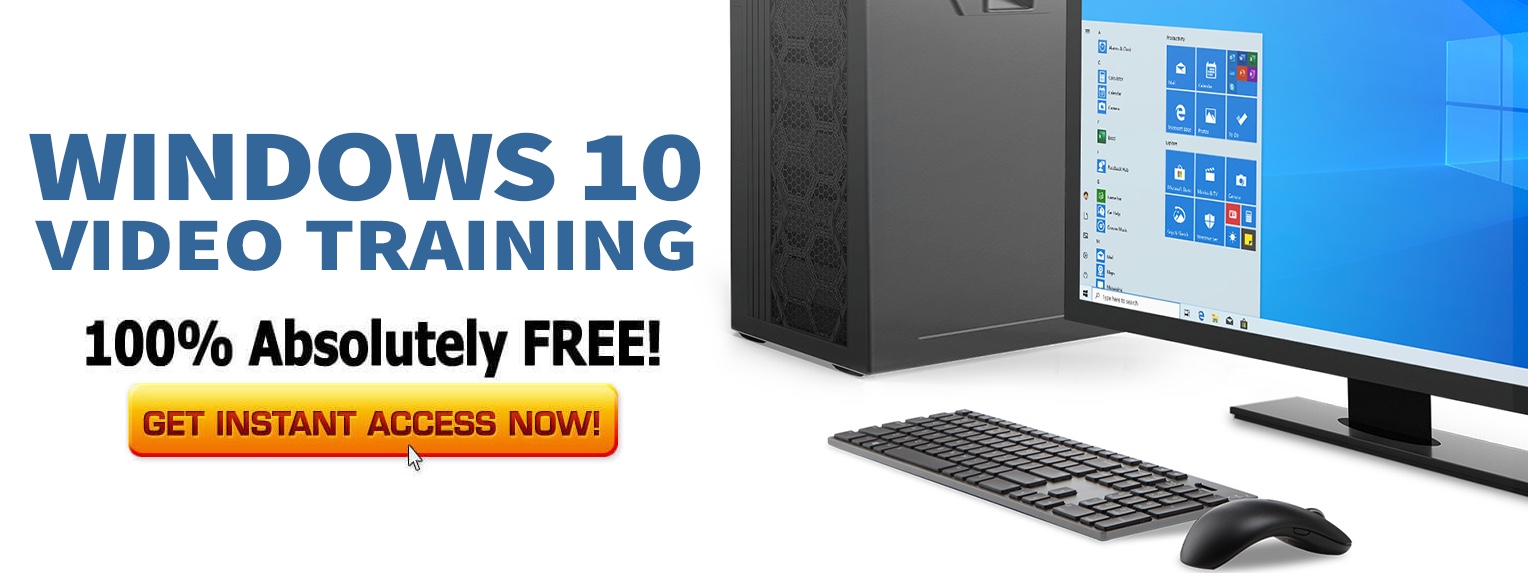Microsoft was trying to front-run Google’s I/O developer confab this week in San Francisco and rushed it. – Larry Dignan
Microsoft is not throwing its OEM partners under the bus. It is pushing them out of the way of an onrushing freight train. Ed Bott
The announcement of the Surface shows that Microsoft is ready to make a break with its history — a history of hardware partnerships which relied on companies like Dell, HP, or Acer to actually bring its products to market. Joshua Topolsky
Let’s be clear, though: Microsoft making hardware is not a natural action. It’s what the company does in times of desperation. Ashlee Vance
And on and on it goes.
What is clear is that Microsoft seems to be ready to make a clean break from their history and go it alone in the tablet space.
[caption id="attachment_17822" align="alignnone" width="600"] Microsoft Surface[/caption]
I have to disagree with Ed Bott slightly because I think that Microsoft didn’t build the Surface to give OEM’s a heads up.
If Microsoft wanted to give OEM’s a heads up, it could have partnered with Samsung on a jointly built, Microsoft branded, Surface tablet and made that the standard.
In addition, they could have waived the licensing fee for Samsung and subsdized the tablets to send a message. It would have been easy to do, faster, cheaper and accomplished a lot of the same results.
In addition, Samsung is a preferred partner having provided the 5000 tablets for BUILD last year. There’s no question that the partnership would have worked and OEM’s would have been forced to pay attention.
But Microsoft didn’t go that way. Instead, they chose the more difficult path of internal R&D, tons of secrecy and 100% ownership.
In my humble opinion, a rational company doesn’t go to all that trouble to just send a message. They go to all that trouble to be successful.
I believe that Microsoft will market the crap out of the Surface and watch very carefully how much it does or does not sell. If there are signs of success, all bets are off regarding what devices they make in the future.
If it is even moderately successful, it will instantly eat up some existing OEM market share. Make no mistake, the Microsoft Surface will be successful at the expense of Dell or Samsung or some other Windows tablet maker. The market simply won’t be big enough for everyone.
There will be blood.
I think that for Microsoft, the Surface is the just beginning of the big push into hardware. I believe that they are being politically delicate about it because it is (understandably) a sensitive issue for OEM’s.
If this push sees moderate success, I believe they will make a Windows Phone and one or two Windows Desktop devices. Why the heck not? Once you start building your own stuff, why stop at tablets and phones?
Microsoft is a publicly traded company – there would be no rational reason to walk away from potential profits if they didn’t have to.
There will also be two major effects of Microsoft entering this space:
- Larger OEM’s will step up their innovation and quality. This is the intended consequence of the Microsoft announcement. Consumers will benefit from OEM’s making better, cheaper tablets.
- There will be mass OEM consolidation and exits from this space. When profit margins get too slim, some OEM’s will just give up on trying to fight for market share and leave. In addition, it will make sense for some acquisitions in this area just for hardware makers to remain competitive.


I believe the Halo affect (eat it english teachers) will be pronounced in a large way, but also the average consumer will say “This looks like the official Windows 8 tablet let me get it” especially when it meets their needs more than the Ipad.
One thing which will sell it for me (and possibly others) is having Windows without all the bloatware installed. It says alot when I buy a new computer/laptop and out of my own choice do a clean install on it which makes it run atleast twice as fast (depends on OEMs some are worse for it that others) as what it ran when I took it out the box.
Yes, I agree, clear out the OEMs that arent serious. Android tablets are failing for a reason. They assumed that since the consumer wants something cheaper they can just throw out garbage, call it a tablet and it will sell. Not true.
This is competition for the OEMs, MS is going to try to make this work and everyone should see they are serious. If anyone has a chance it is MS. Success is not guaranteed of course, and there are many ways to fail and not many to succeed, but I think MS has a real chance wiht this. Lets hope for everyones sake, including Apple, that it does.
And what have OEM done to help Windows brand and produce quality/inovative products ?
What have they done besides waiting for Apple to show the way and or doing minimal efforts ?
Do you remember how dull Windows Phones were before the arrival of Nokia ?
Do you remember that Windows Phones were weaker/less appealing version of Android smartphones ?
Have you up to now seen an equivalent of the Galaxy S for Windows Phones ?
What make you think that OEM will not do the same for tablet ?
So, i think that Microsoft is right to do what it is doing with tablets as it can’t rely on partners to correctly do the job. The best that it can expect from partners is to either copy Apple or to release Windows 8 based equivalent of their Android slates (especially Samsung).